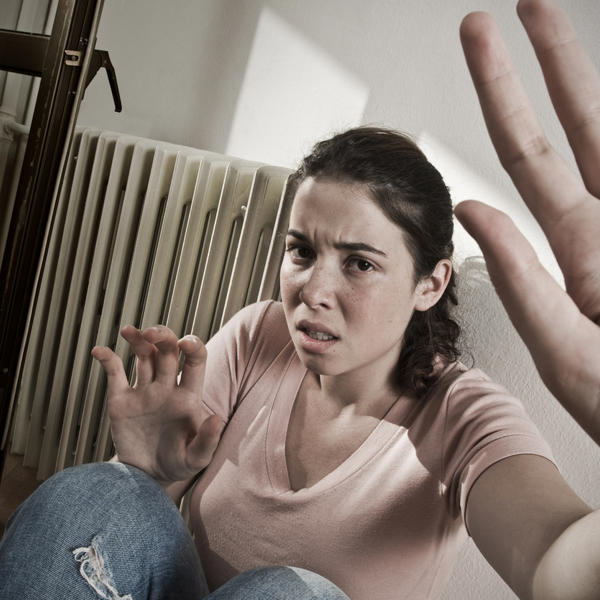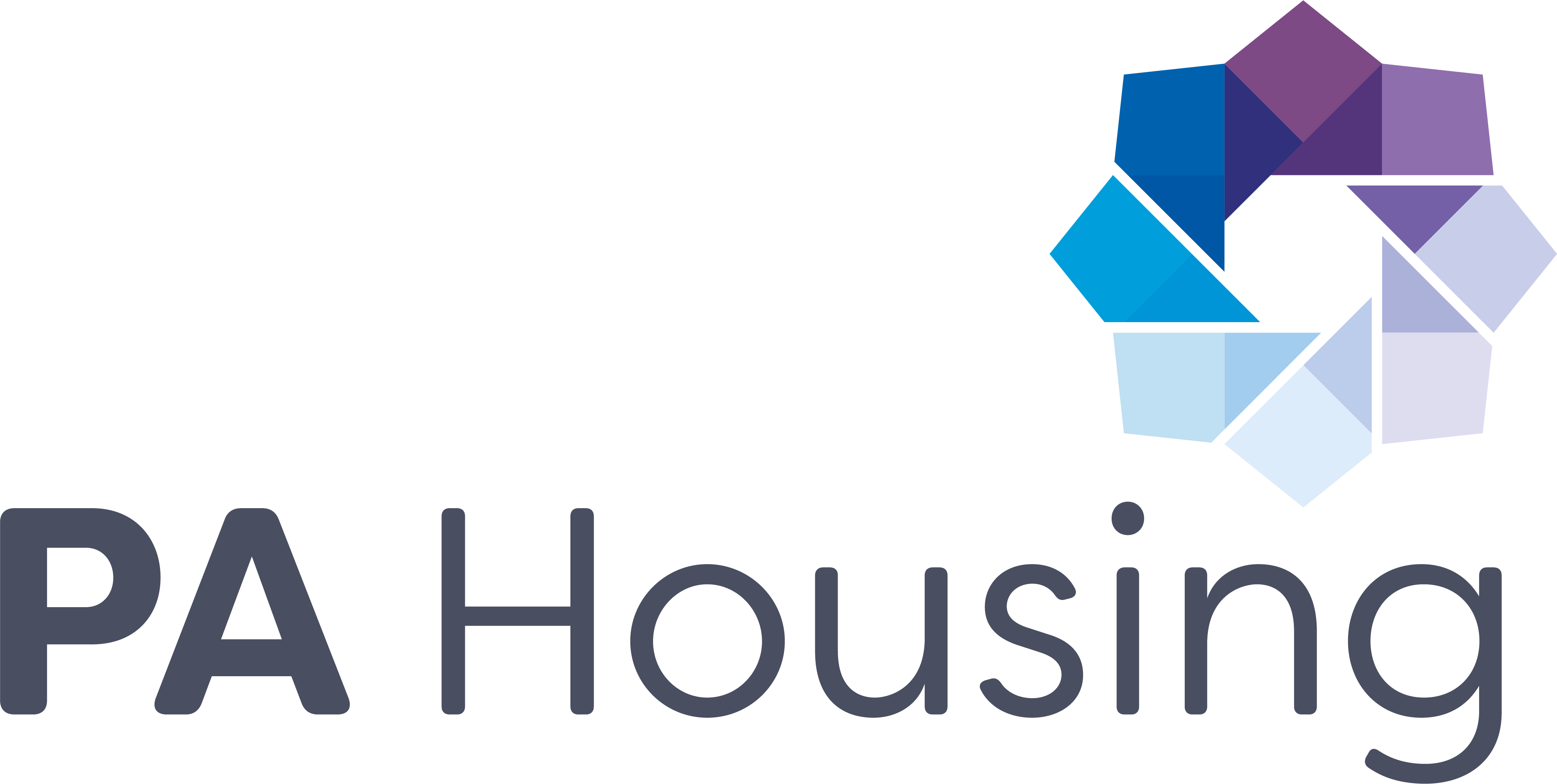1 in 5 adults experience Domestic Abuse during their lifetime. This equates to 1 in 4 women and 1 in 6-7 men.
Domestic abuse occurs when the victim and perpetrator(s) of abuse are aged 16 or over and they are personally connected to each other. In 2022, around 2.4 million adults were victims of domestic abuse in the England and Wales (1.7 million women and 699,000 men).
Any of the following can be classed as a form of abuse, and it doesn’t matter whether this is a single incident or a consistent pattern of behaviour:
- Physical abuse
- Sexual abuse
- Violent or threatening behaviour
- Controlling or coercive behaviour
- Economic abuse
- Psychological, emotional, or other abuse.
If you’re suffering from any of these, remember that you’re not alone, and that support is available for you.
Domestic abuse, in any form, is a criminal offence, but It’s estimated that less than 24% of domestic abuse crime is reported to the police.
You’re not responsible for the abuse, nor are you to blame. It’s your abuser who is responsible for their actions.

What to do with you think someone is in danger?
If it’s an emergency and you believe that a crime is taking place, someone is injured, you’re being threatened, or you’re in immediate danger, you should always call 999.
In non-emergencies, a free National Domestic Abuse helpline is available 24/7, all year round on 0808 2000 247. For more information, visit their website using the button below.
At PA, we’re also here to listen, so please call us on 0300 123 2221 if you need advice.

What can PA Housing do?
We’re members of the Domestic Abuse Housing Alliance (DAHA), which is an organisation that provides a nationally recognised, best practice model for housing provider responses to domestic abuse.
Currently, we’re working towards an accreditation from DAHA, which means that we’ll be equipped to deliver the safest, most effective responses we can.
You can speak to us and tell us your concerns as we take all reports of domestic abuse extremely seriously. We can ensure that this stays confidential, and we will only share the information given on a need-to-know basis so that you can feel comfortable speaking to us. Then, we can work with many different partner agencies to take a victim-centred approach to supporting you and your family.
Don't suffer in silence
No one has a right to abuse you or your children – physically, verbally, or sexually. Abusive relationships don’t have to go on. You can get out, you can survive, and you can move on with your life. The first step is to ask for support, and there’s no shame in getting the help you need.





